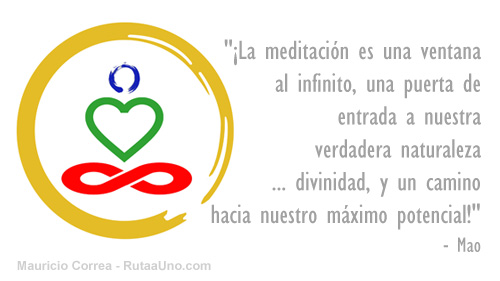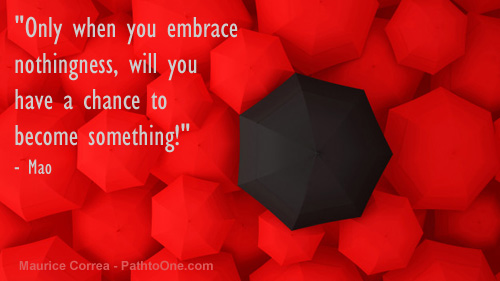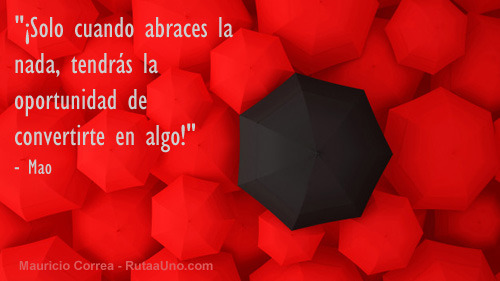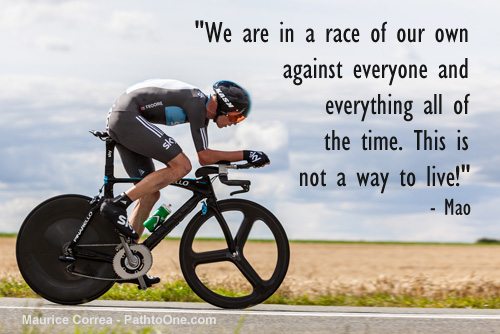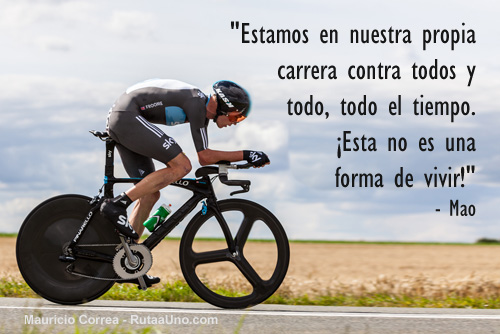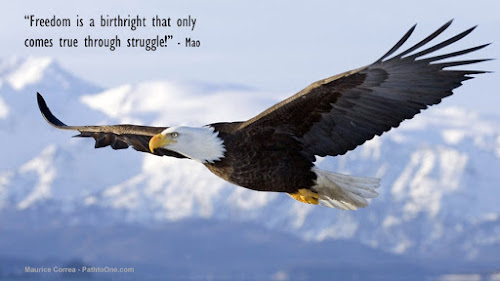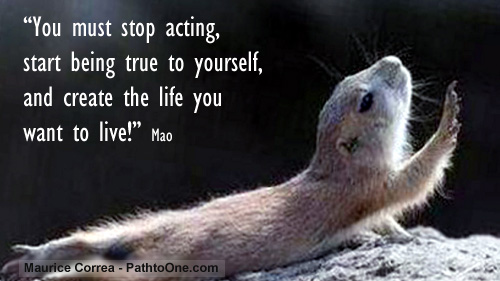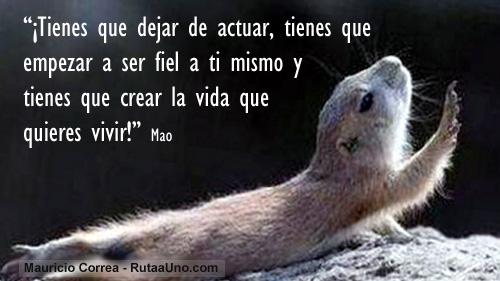MEDITATION - INTRODUCTION
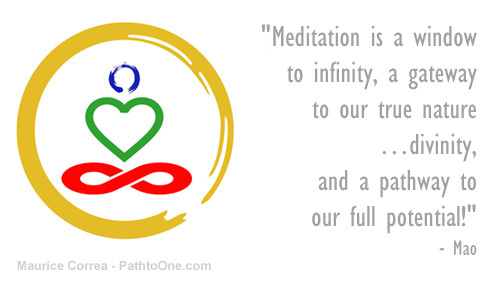
Much has been, and will be, said and written about meditation. Due to its subjective nature, its vast methods to practice it, its numerous applications or purposes, and the myriad of benefits that it brings, it is not an easy subject to embark on, and worse, to try to encapsulate in a simple article or articles. The fact is that there are many ways to present meditation and many forms of practicing it. Every time that meditation is presented, we (the ones that teach meditation) tend to present it differently. This is how vast this subject is. In this article and others to follow in the future, I will try to give you a glimpse. Definition Let’s start by trying to define meditation, a task which in itself is difficult due to the myriad of types that fall under the “meditation” umbrella, including mindfulness, contemplation, concentration, communion, chanting, trance, etc. We could try to define meditation as: “the act of engaging in a mental exercise (such as concentrating on an ob
